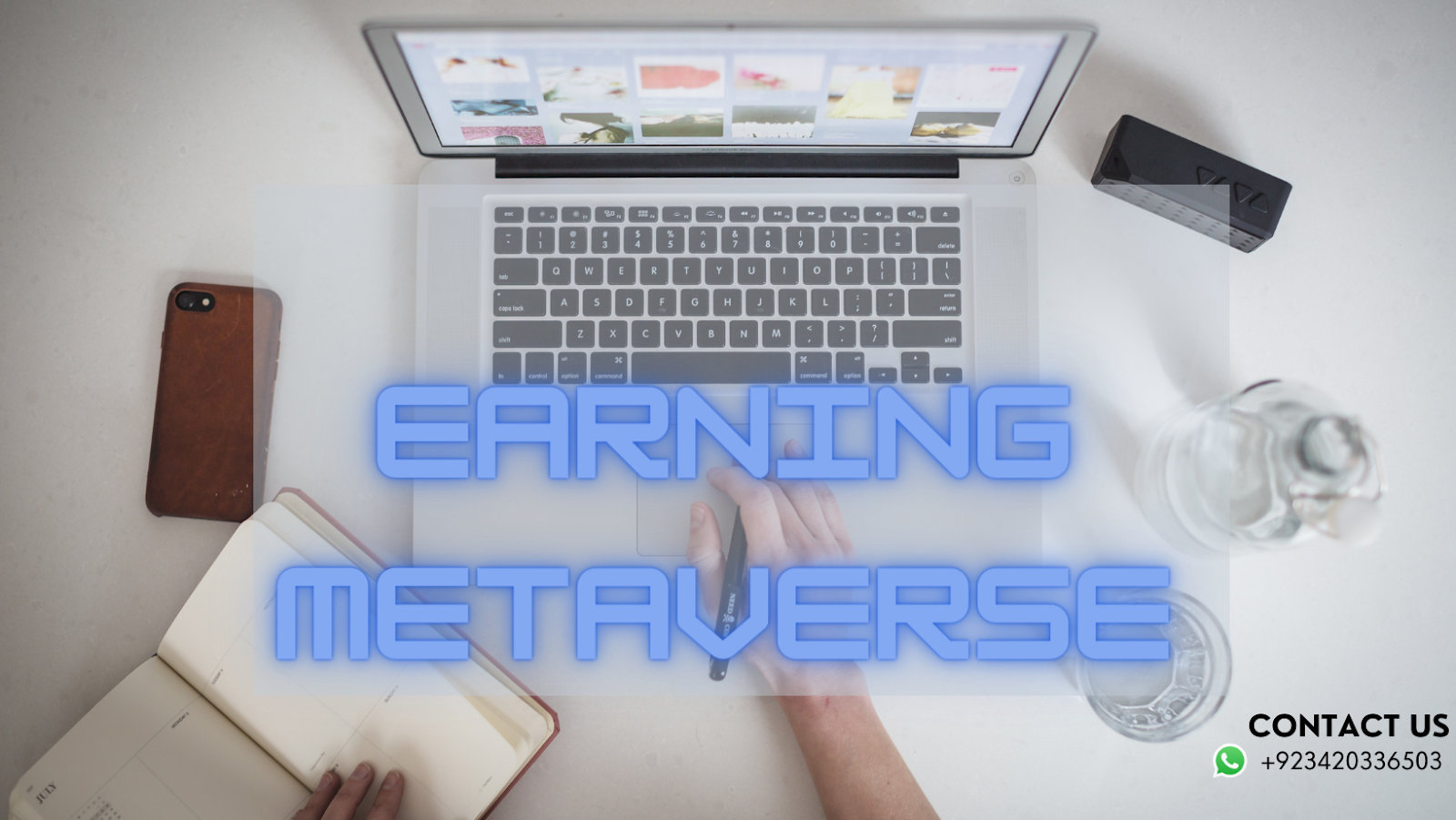The growth below shows the growth of $1 over time in different asset classes, the volatility, and the average annual rate of return:
Even adjusted for inflation, we can see that:
- Stocks beat bonds long-term but are more volatile - there are numerous crashes that come and go.
- Small caps outperform long-term but can be more volatile than the entire stock market
- There are numerous time periods where bonds, and even cash, beat stocks.
- Some asset classes struggled to keep pace with inflation. The shortest term bonds are one such example
- Stocks can do much better, or much worse, than expected during certain time periods. Few expected stocks to bounce back from Covid19 so quickly, or have a great run since 2008. By the same token, few people saw the crashes coming.
- It now makes sense why you might know some “everyday millionaires” who bought stocks decades ago and got wealthy from relatively modest investments. The guy below had $8million when he died…..as a cleaner. You might assume that he is a one-off, but the statistics show there are more people like him than you might believe:
Of course, things have changed in recent years. Bonds no longer pay what they once did.
Cash pays zero in most countries, so you can no longer beat inflation with bank deposits.
The difference between stock and bonds returns since 2008 has been huge for this reason.
“Playing it safe” with cash in the bank was never really safe, due to inflation and currency risks. Now it makes even less sense than ever.
Of course, the specific answer to your question depends on several personal factors such as:
- How old you are
- How much risk do you want to take
- How likely you are to panic if the markets fall. If you are likely to panic sell after a 30% or 50% fall, then a more diversified (and less volatile portfolio) makes more sense
- Do you have access to advice, and some of the more sophisticated investments this can bring. Things like downside protection, private equity, and much else can make sense, but usually not for the majority of retail clients. Those kinds of things get more important once people are wealthier and/or they have access to advice.
- Your individual financial planning situation, such as how stable your income is, and many other things.
The point is that you should invest for the long-term, in a sensible portfolio, which is weighted towards the markets but has access to other assets.
Investing has changed over the years, but the more it changes, the more it stays the same in some ways.
Pained by financial indecision? Want to start investing?
